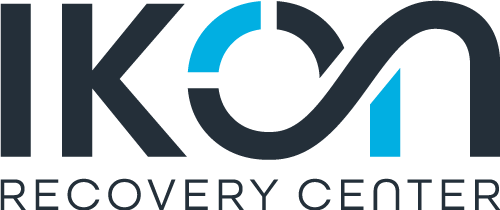Atlantic County is known for its vast entertainment offerings and its location bordering the Atlantic Ocean. If you’re struggling with addiction in the area, you’re taking an important first step by looking for help. Things might feel overwhelming or uncertain, but rehab centers in Atlantic County offer a wide range of treatment options tailored to your specific needs. You can access everything from medical detox and inpatient programs to outpatient services and ongoing support groups. Many treatment centers accept insurance and offer financial assistance to ensure you get the help you need to start the recovery process.
Atlantic County Drug & Alcohol Rehab Resources
Local Resources & Information to Start Your Recovery Journey
Addiction Treatment in Atlantic County
Types of Addiction Treatment in Atlantic County
Recovery looks different for everyone, and Atlantic County treatment centers offer numerous options to support your healing journey. There are several different levels of care and therapeutic approaches that can help build a strong foundation for lasting recovery:
Treatment Approaches
How to Choose a Drug Rehab Center in Atlantic County
Finding the right treatment facility for drug and alcohol addiction can feel overwhelming, but focusing on these key considerations will help you make an informed choice that fits your needs:
Program features:
- Licensed clinicians and medical professionals
- Group therapy and individual counseling
- Detoxification services, if needed
- Medication management
- Alumni programs
- Coping skills development
- Family support for families affected
- Outpatient care options after primary treatment
- Help transitioning to a healthier lifestyle
Sober Living Houses in Atlantic County
Sober living houses in Atlantic County offer a vital stepping stone in your recovery journey. These structured, substance-free homes bridge the gap between residential treatment and independent living, giving you time to build a strong foundation for lasting sobriety. While living alongside others in recovery, you’ll practice essential life skills, maintain accountability, and gradually transition back into daily responsibilities.
Many houses require you to work or attend school, participate in recovery meetings, and follow house rules that support your new sober lifestyle. You’ll find varying levels of structure and support across different locations in Atlantic City and surrounding areas, with some homes offering additional services like transportation to treatment, job search assistance, and regular drug testing. Most importantly, these homes provide the stable, drug-free living situation you need while reconnecting with family, securing employment, and establishing your new life in recovery.
Emergency Services for Addiction in Atlantic City
Atlantic City emergency service areas are a vital link to treatment, providing stabilizing care and referrals for ongoing care. The community’s support system includes local hospitals with specialized substance abuse services and region-specific hotlines.
These essential resources work collectively to ensure immediate assistance accessibility while concurrently facilitating ongoing support and community engagement for individuals in need.
Community Resources for Mental Health & Addiction
- 211 New Jersey: Dial 211 or visit their website to connect to a resource specialist
- Call or text 988 to access the new National Suicide and Crisis Lifeline in New Jersey
- State of New Jersey Narcan (Naloxone) access and training information: Narcan can be administered to reverse the effects of opioid overdose
- Veterans Crisis Line: Dial 800-273-8255, option 1
Local Stats You Need to Know
Drug and alcohol use remains a significant concern in both Atlantic County and across New Jersey. In 2022, alcohol was the most commonly abused substance, accounting for 41 percent of treatment admission cases.[1] Heroin followed closely at 36 percent, while other opiates made up 7 percent of the total. Cocaine and crack were involved in 4 percent of cases, and marijuana or synthetic cannabinoids accounted for 3 percent. Methamphetamines and other stimulants were reported in 2 percent of abuse cases.
The impact of substance use is evident in the rising number of overdose deaths: in 2023, Atlantic County reported 255 overdose deaths, highlighting the ongoing challenges the community faces regarding addiction.[2] These statistics emphasize the need for increased awareness, prevention efforts, and accessible treatment options for those affected by substance use disorders.
Help for Addiction in Atlantic County
There’s hope for healing from drug and alcohol abuse. Contact Ikon today and find out how to get started.

Paying for Treatment in Atlantic County
When it comes to paying for treatment in Atlantic County, you have several options to consider. Many rehab facilities accept health insurance, so it’s important to check with your provider to understand your coverage and any potential out-of-pocket expenses.
If you don’t have insurance, you may qualify for state-funded programs or sliding scale fees based on your income at certain treatment centers. Additionally, some local organizations offer financial assistance or resources to help you navigate payment options. Reaching out to treatment facilities directly can provide you with specific information on costs and available support, ensuring you get the help you need.
Frequently Asked Questions About Atlantic County Drug & Alcohol Rehab
Can I bring personal items to rehab?
Most rehab centers have specific guidelines on what personal items are allowed, usually permitting hygiene products and clothing while restricting drugs and alcohol.
How can I support a loved one in rehab?
Stay involved by attending family sessions, communicating openly, and providing emotional support throughout their treatment journey.
Are there local resources for emergency support?
Yes, Atlantic County has hotlines and crisis centers that offer immediate support for substance use emergencies.
Other Nearby Locations
Sources
[1] New Jersey Drug and Alcohol Use Treatment Substance Use Overview 2022 Atlantic County. (2023). https://www.nj.gov/humanservices/dmhas/publications/statistical/Substance%20Abuse%20Overview/2022/Atl.pdf on October 31, 2024
[2] NJ Cares Data by County. (n.d.). New Jersey Office of Attorney General. https://www.njoag.gov/programs/nj-cares/nj-cares-data-by-county/ on October 31, 2024



